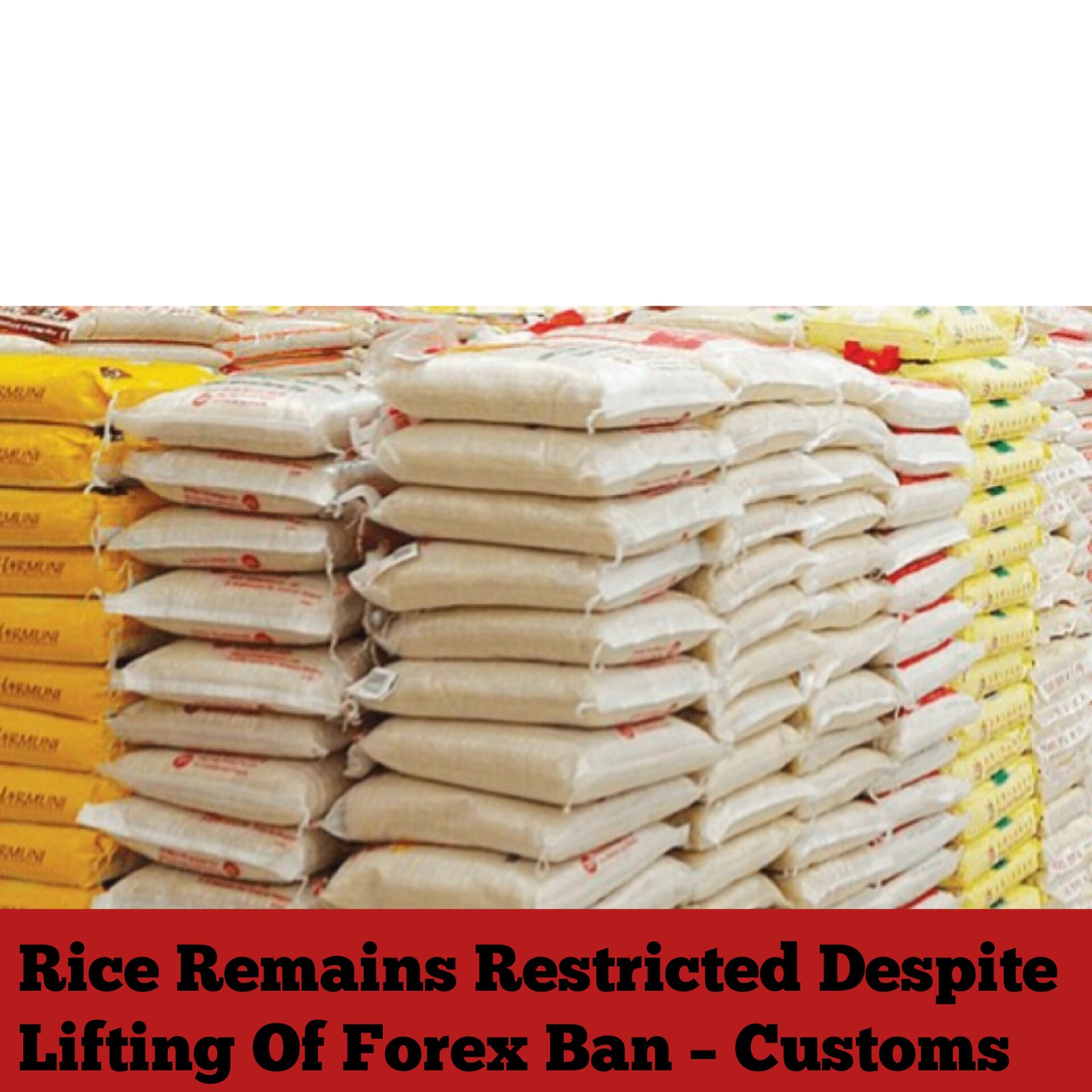Erratic government bans and widespread insecurity are crippling efforts to cut West Africa’s estimated 30 percent youth jobless rate, lawmakers warned at an ECOWAS parliamentary hearing in Monrovia.
Speaking for the bloc’s joint committees on Administration, Finance & Budget; Public Accounts; Macroeconomic Policy; Industry; and the Private Sector, Nigerian Senator Osita Izunaso blasted what he called “policy flip‑flops that scare investors.”
“Today a commodity is banned, tomorrow the ban is lifted, the next day another restriction appears. How do businesses plan under such uncertainty?” Izunaso asked, adding that chronic power shortages and insecurity make it “near‑impossible” for factories to stay profitable.
Senator Aniekan Bassey said most foreign direct investment is “resource‑based and capital‑intensive—good for balance sheets but thin on jobs.” Instead, he urged incentives for labour‑absorbing sectors such as manufacturing and small‑scale industry.
Lawmakers Udeogalanya Aniekwe and Zakariya Nyampa pressed for soft loans and rigorously audited vocational‑training funds, arguing that empowering youths to start their own enterprises will create ripple‑effect employment. Nyampa cited “billions of naira” lost to corruption in past schemes, while warning that farmers cannot expand production if bandits continue to raid fields.
Senator Sharafadeen Abiodun closed the session by calling for a “level playing field” so domestic firms are not starved of incentives lavished on foreign investors. Without stable rules and security guarantees, he said, young people “fear for their future.”
The parliamentarians will forward their recommendations ranging from policy stability and power investment to anti‑corruption safeguards to the ECOWAS Council of Ministers for action later this year.




